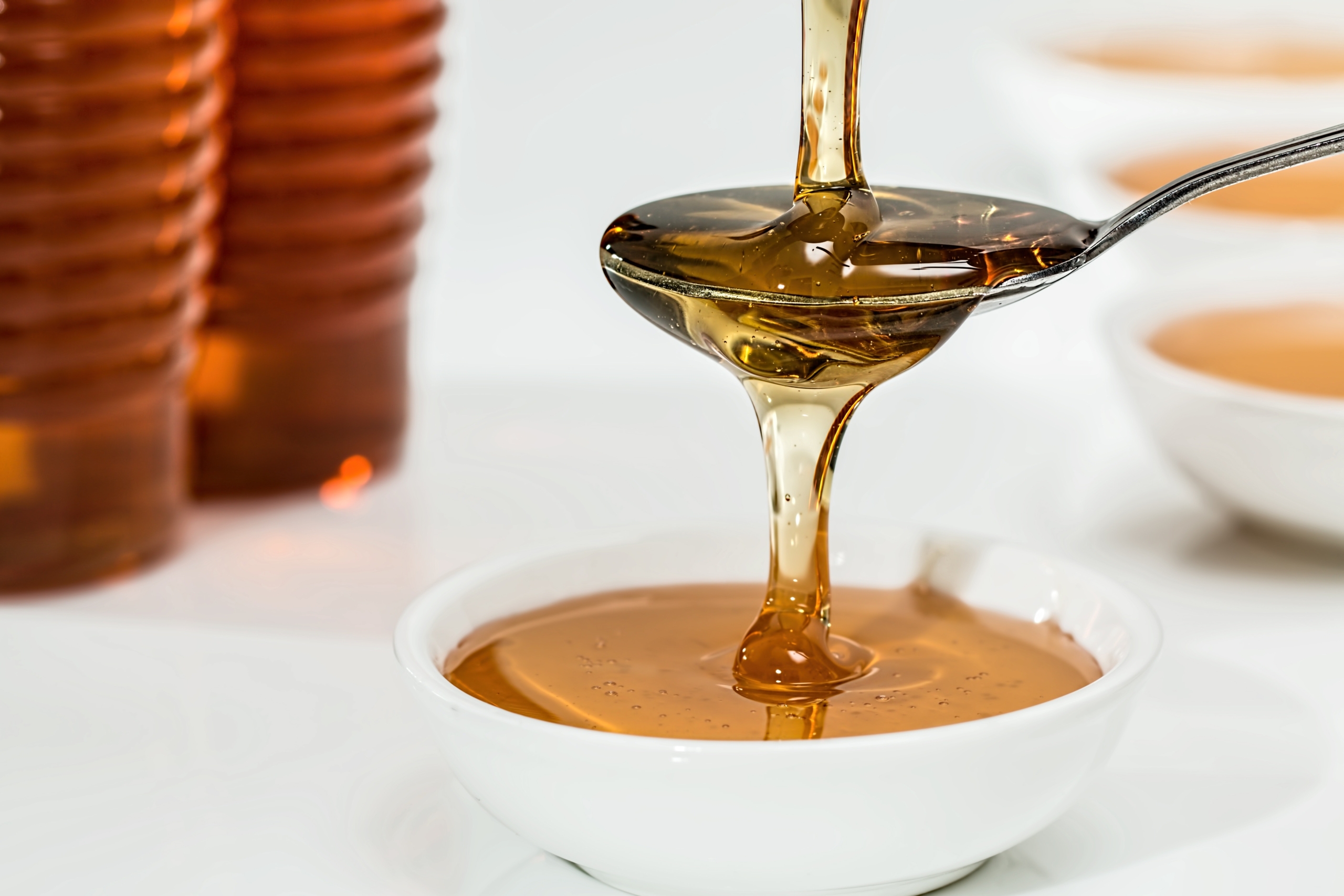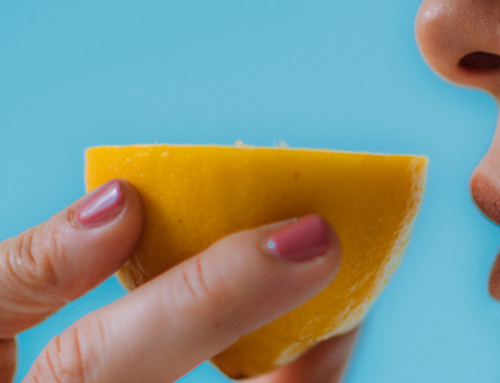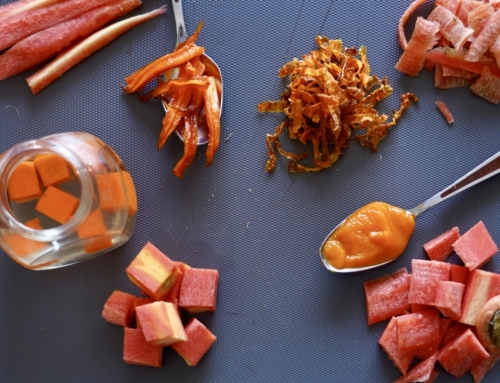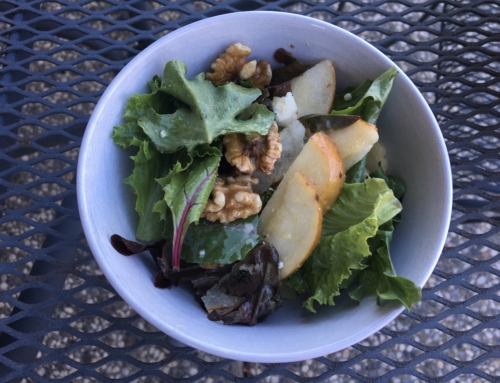Do you like to eat honey? The sweet, sticky dripping gold is a treat to lick off our lips. Isn’t it amazing that bees can make this very tasty substance; and that we can enjoy their hard work on our bread, in our tea, or in whichever dish you like to put it? Honey is made by bees from the nectar of flowers and anything they encounter during their collection. But have you ever thought about the practices and processes that might be preceding your delicious jar of honey? In this article, we will explore ethical honey production.

Honey Adulteration
Unfortunately, there is a lot wrong in today’s commercial world of honey. There are common malpractices such as exploiting the bees into overworking and malnourishment or leasing the bee colonies to enormous farms for pollination. Another problem in the honey industry is the high percentage in adulteration practices to get to the final product: the honey that ends up on the shelf in your store.
Adulterated foods are food products that have been mixed with another substance that is of inferior quality. In the case of honey, it is a common practice for companies and individuals to add a glucose solution, sugar syrup, starch or any other similar product that is not the natural floral nectar of which the bees make the honey. These additions turn the honey into an impure product and of lower quality. Honey is one of the most adulterated food products in the world, so be careful when you pick yours off of the shelf! Chances are high that you encounter a lot of ‘fake’ honeys.

Ethical Honey Production
Although there is no such thing as the ‘one’ ethical honey, there are several factors that you can consider when buying your favourite jar. Here are some tips:
- Find a beekeeper in your area (most likely outside your city) and buy directly from them. Usually, they are eager to inform you about their practices and they wouldn’t do so if they weren’t proud of their way of working! Furthermore, you can reduce your carbon footprint by buying locally.
- If you cannot buy local, look out for certified organic honey. The certification criteria for organic honey varies from country to country, but is usually quite challenging to get the certification; and it requires ethical practices. It is not one-fits-all though. Some local beekeepers cannot get the organic certification because of not meeting a single criterion, whilst their practice might be ethical and their honey pure.
- Read the label with ingredients. Although the labelling is not regulated very well yet (Food Design Nation are you ready for a challenge), words such as ‘raw’ and ‘natural’ can nudge you in the right direction. Be careful though, there are some companies that take advantage of these terms!
We must become more critical in our decision making and be better informed the next time we buy a jar of honey off the shelf. We would love to hear from you! What is your number one ethical honey product?
Written by Elise Coudré and edited by Jashan Sippy.
We work with ethical honey producers and source local honey for our partner events and experiences.
Let’s grab a (virtual) spoonful of honey and discuss how we can work with you. Contact us.








Leave A Comment